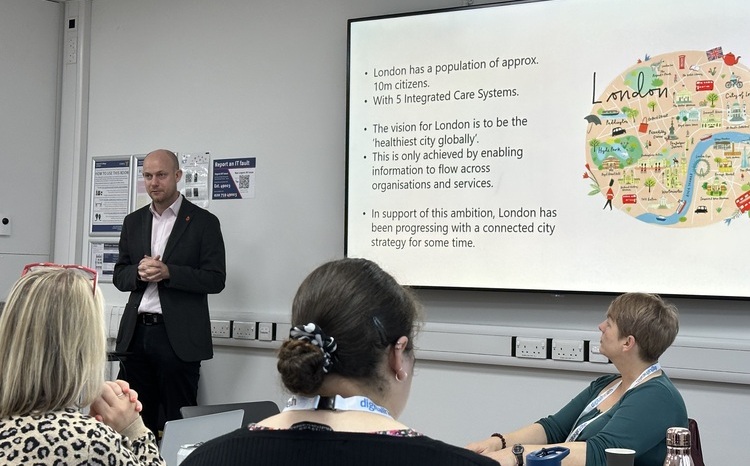AI algorithm could aid drug discovery, say researchers
- 30 September 2024

- Researchers at King’s College London and Imperial College London have developed an AI algorithm that could help aid drug discovery
- DrugSynthMC expands the diversity within drug libraries by generating the chemical structures of thousands of drug-like molecules per second
- The approach has been outlined in an article in the Journal of Chemical Information and Modeling
Researchers at King’s College London and Imperial College London have developed an AI algorithm that could help aid drug discovery.
The computer-based tool, named Drug Synthesis using Monte Carlo (DrugSynthMC), expands the diversity within drug libraries by generating the chemical structures of thousands of drug-like molecules per second.
Dr Filippo Prischi, senior lecturer in molecular biochemistry at King’s College London and co-senior author of the study, said: “We showed that DrugSynthMC can expand the chemical diversity of compounds in available libraries, overcoming the limitations of existing drug collections.”
Virtual-library screening is an important step in early drug discovery, which uses computational tools to search through databases of existing compounds to find those with structures that are most likely to bind to a particular drug target.
Once suitable compounds have been identified, they are optimised and tested in the laboratory in cell and animal models before entering clinical trials.
However, the search for suitable compounds is usually limited to those that already exist within virtual libraries, making it difficult to identify new potential drugs.
DrugSynthMC uses a type of algorithm called Monte Carlo Tree Search – a mathematical technique that predicts all the possible outcomes based on a defined set of actions.
The algorithm builds the chemical structures of molecules in a simple text format by following a small set of instructions aimed at maximising the important features of orally available drugs.
Researchers found that the algorithm was successful at generating a high proportion of compounds that are easy to synthesise, soluble and non-toxic.
They believe the algorithm could be used to identify and optimise compounds against protein targets linked to specific diseases.
The approach has been outlined in an article in the Journal of Chemical Information and Modeling, published on 9 September 2024.
Dr Olivier Pardo, reader in cancer cell signalling at Imperial College London and co-senior author of the study, said he was “very excited” by the results of the study.
“Even though this is a fairly simple algorithm, it’s far more efficient than anything more complex that has been tested or published out there and will become very useful in AI-driven drug discovery for bespoke therapeutic targets,” Dr Pardo said.
The tool is publicly available for use by the research community.




